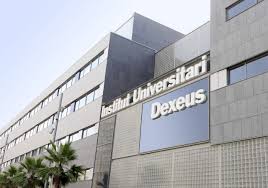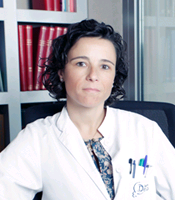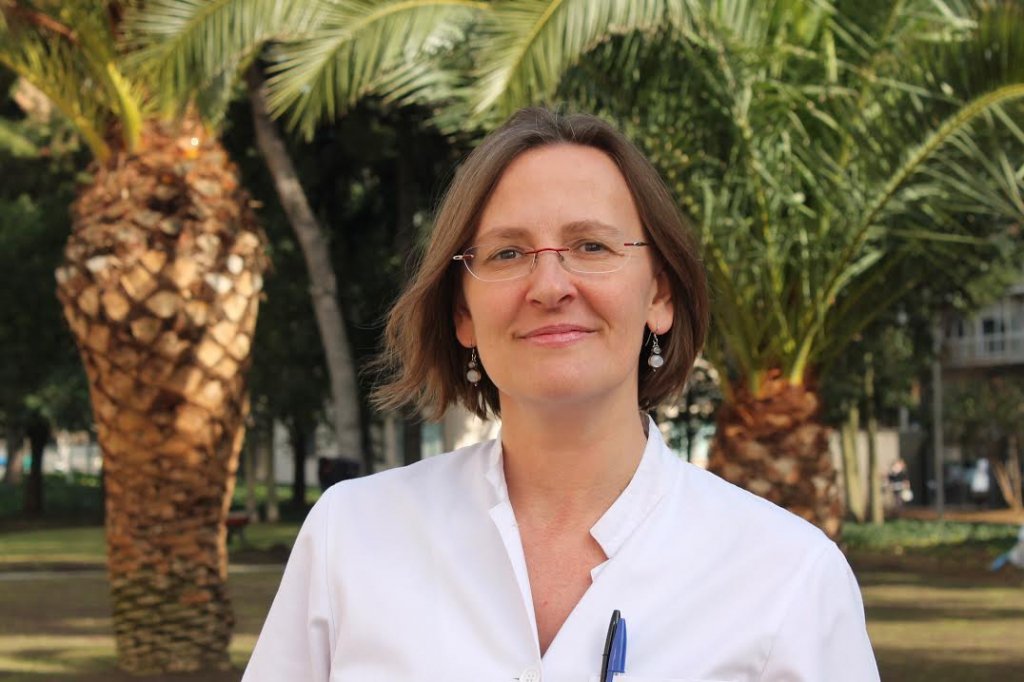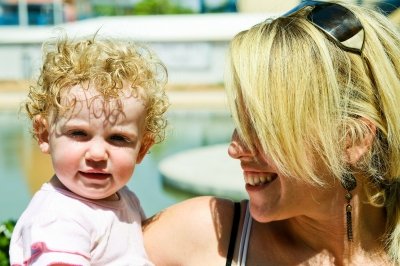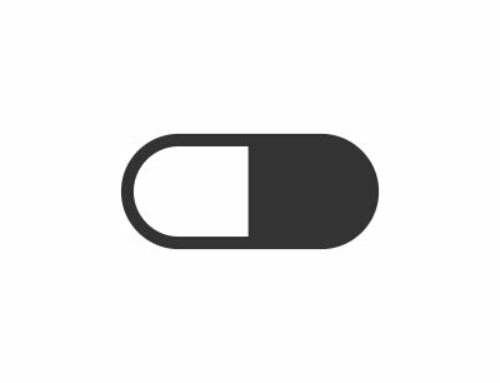A few months back, I was lucky to meet several dedicated doctors and biologists from Dexeus clinic in Barcelona at a conference for Reproductive Medicine in Germany. I used this opportunity to make an interview with the two specialists and forward questions to them that women from my blog often ask me during our counseling sessions.
I love talking with experts for two reasons: first, I love to give to my readers more than what can be found on clinics websites or flyers; second, I love to discuss with people who do the actual hard work of creating children—laboratory staff, embryologists, biologists. For this interview, I want to say thank you to Drs. Marta Devesa and Elizabet Clua who both work in the IVF Department of Dexeus Clinic in Spain, where the first egg donation ever in Europe was performed. These were my questions:
1. Me: How does a woman know it’s time to consider egg donation? Are there specific blood or hormone values that indicate that she can’t get pregnant with her own eggs?
Dr. Marta Devesa:
When a couple performs several IVF cycles with no success, it is necessary to analyze the case from the clinical point of view (woman’s age, ovarian reserve, semen parameters of the partner, previous history of implantation, if applicable) and also from the biological point of view (egg fertilization rate, embryo development rate, egg and embryo quality).
Egg donation improves the results in cases of advanced reproductive age (especially after 42 years of age), low ovarian reserve, and poor oocyte quality.
Within the strict inclusion criteria of our donors, the decisive factors are their age (18–35 years of age) and their ovarian reserve (which must be normal). Therefore, in every egg donation cycle in our clinic one can expect a satisfactory response both from the quantitative and qualitative point of view (many eggs in good quality due to the low age and good general health of our donors).
The main ovarian reserve markers are the antral follicle count AFC (sonographic parameter) and the AMH (hormonal parameter tested in a simple blood test). Both predict very well the response to ovarian stimulation treatment.
Nevertheless, its predictive ability of pregnancy and live birth is more controversial; in this sense, it is important to remember that age is the key factor to success in assisted reproduction techniques. Therefore, if these two parameters (AFC and AMH), happen to be unfavorable or coupled with a long history of failed IVF treatments and an advanced age of the recipient then a couple should consider an egg donation.
2. Me: Egg donation has been performed legally and with success in Spain and many other countries (US included). So what can you tell us about this technique? Why is egg donation still illegal in some countries (like Germany)? Is it due to it being a health risk? Is it an experimental technique?
Dr. Elisabet Clua:
Egg donation is a widely used procedure in Spain and it’s pity that some countries still haven’t found the ways of legally regulating this highly effective infertility treatment.
In Spain, we realized almost three decades ago that the usefulness of this technique needed to be regulated.
Here, egg donation became a reality with the law on Assisted Reproduction Techniques from 1988. The law was reformed in 2003 and 2006 to further accommodate scientific advances, including appropriate instruments to legally protect human embryos. Egg donation is not considered an experimental technique any more. Instead, we view egg donation as a proven technique to relieve infertility and especially helpful in women in advanced reproductive age.
3. Me: How many children were born at your clinic using this method and what are the success rates?
Dr. Elisabet Clua:
The first case of a child born via egg donation in Spain was in our clinic in 1988. Since that time, more than 3,000 children have been delivered here using donor eggs. The success rate is around 60%, one of the highest in Europe. Here, we offer different programs as well as detailed counseling over the phone.
4. Me: A question I often get from couples goes like this, we would like to keep trying to conceive for another half a year or so to give one last chance to have a child that is genetically ours. However, if this should not work, how can we contact you? Is there a waiting list at your clinic?
Once the patients decide to enter the egg donation program, they can contact the International Department at our clinic. An agent from this department will schedule an appointment with the doctor to evaluate their case and then one of our biologists will inform them about the different types of egg donation programs we have. Although there is no waiting list, the recipient might have to wait from 1 to 3 months until we find the perfect match, especially if we are speaking of an uncommon phenotype in our area. But you can use this time to maximize your egg quality and improve the chances of success.
5. Me: Can women bring their own donor or do you find one for them? How is matching between donors and recipients performed and what kind of medical examinations and tests do you perform with your donors?
Dr. Elisabet Clua:
In Spain, egg donation is a free, anonymous, and formal contract between the donor and our center. You can get much more information by scheduling an interview with one of our biologists.
To perform the best possible matching, the biological team does its best to ensure maximum phenotype and immunological similarity between the donor and the recipient. They take into account different phenotypic characteristics (hair color, eye color, features, skin color, height, and weight), blood type, and Rh factor.
Donors must be between 18 and 35 years of age and must be in good physical and mental condition.
Our egg donation program requires that donors do not suffer from genetic, hereditary, or infectious diseases transmissible to offspring. Our donors, therefore, undergo various tests: gynecological check-up including Papsmear, ultrasound, complete analysis, serology, karyotype, HIV screening, PCR, electrocardiogram, and psychological.
Finally, there is a “genetic carrier’s test”, which is able to identify the presence of up to 200 disease-causing genes (including genes for cystic fibrosis, fragile x syndrome, spinal muscular atrophy, and many others).
Importantly, we are constantly aware of the emotional overload, which is often huge in the case of accepting donated eggs. Before starting this treatment, it is important for a couple to overcome psychological issues related to the genetics of egg donation. For some patients this can be complicated.
In these cases, we offer psychological support for them throughout the process.
Me: Thank you very much for sharing these important information with us!
You can find more about Dexeus Clinic and their Women Health Programs here: http://en.dexeus.com/
Supplements which are scientifically proven to increase egg quality:
(DHEA, CoQ10, Vitamin D3, Omega-3)
To find out when you ovulate:

